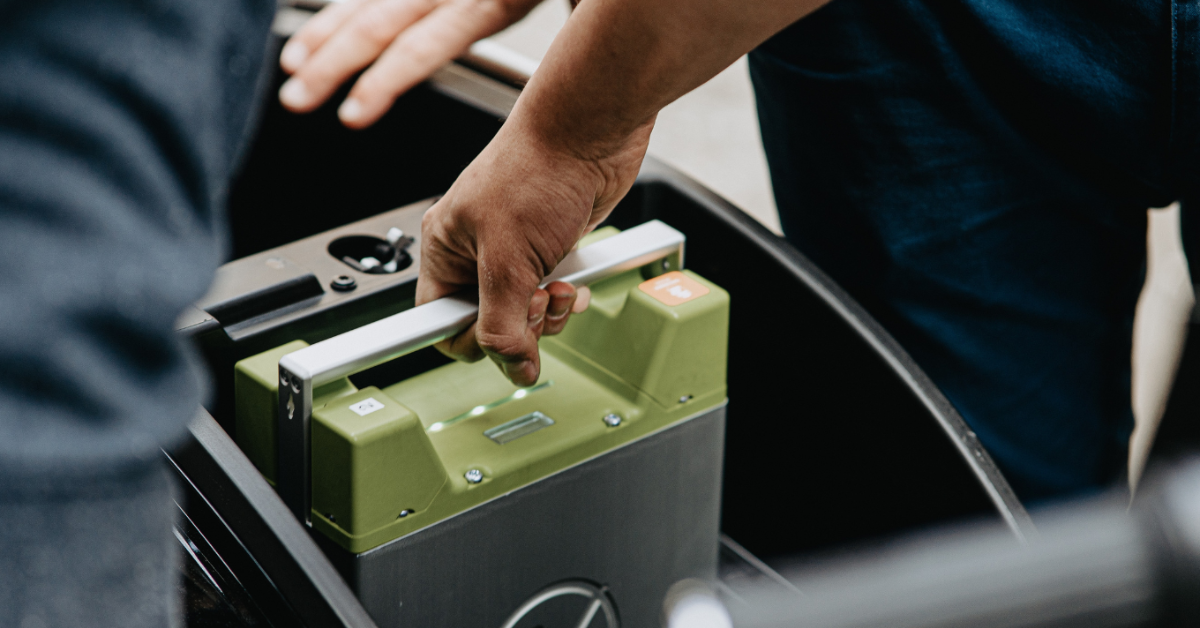As many as six key amendments to the Mines and Minerals (Development and Regulation) Act, 1957 are proposed to be introduced in the current monsoon session of the Parliament
Eight minerals including lithium, beryllium and zirconium will likely be removed from the restricted list that prohibits mining by private companies
Lithium is a lightweight mineral that forms a critical component in rechargeable lithium-ion batteries used in ebikes and electric cars
Amid a surge in demand for electric vehicles (EVs), the government is reportedly mulling opening up the lithium mining sector for private players.
As many as six key amendments to the Mines and Minerals (Development and Regulation) Act, 1957 are proposed to be introduced in the current monsoon session of the Parliament. As part of the plans, eight minerals including lithium, beryllium and zirconium will be removed from a restricted list that prohibits mining by private companies, Bloomberg reported.
According to an earlier report by Mint, another proposal in the pipeline includes removing lithium from the list of atomic minerals. It is pertinent to note that the Centre had prohibited the mining of atomic minerals by private entities in 2019, granting operating rights to only state-run companies to ‘safeguard’ strategic interest of the country.
The proposed amendments also aim to create a separate new category – critical and strategic minerals, which will include eight of the 12 atomic minerals.
The Centre would also reportedly be empowered to offer concessions for mining these minerals to both public and private sector companies.
The bedrock of EV transition, Lithium is a lightweight mineral that forms a critical component in rechargeable lithium-ion batteries used in ebikes and electric cars. The move to open up the mining space has largely been envisaged with making the country self-sufficient in green technologies.
People familiar with the matter told Bloomberg that the amendments would ‘allow the government to auction permits to exploit lithium reserves. The sources further added that the move is aimed at reducing India’s dependence on imports of some key minerals and to put the country in a better position to compete in the lucrative battery supply chain.
The move is also part of the government’s efforts to build and spruce up local manufacturing of a slew of zero-emission technologies.
The amendments are expected to give heft to a brewing liberalisation policy underway in the EV-specific battery manufacturing space. In 2021, the government approved a production linked incentives (PLI) scheme for manufacturing advanced chemistry cell (ACC) batteries, with a budget outlay of INR 18,100 Cr for five years.
Despite the PLI scheme, India continues to suffer from over-dependence on Chinese imports and a lack of local avenues for lithium mining to scale up. The amendments are intended at sprucing up the overall space and reducing imports.
Meanwhile, India’s lithium reserves are abysmal, with small resource sites being discovered in Karnataka’s Mandya. Apart from this, the Geological Survey of India has also been working to find probable reserves in five states – Andhra Pradesh, Arunachal Pradesh, Chhattisgarh, Jharkhand, Rajasthan and the union territory of Jammu and Kashmir.
Additionally, authorities have reportedly ramped up efforts to scout lithium mines abroad. A joint venture by NALCO, Hindustan Copper and Mineral Exploration Corporation was formed in 2019 to acquire mines overseas.
According to a report, India’s lithium and lithium-ion imports stood at INR 8,984 Cr in FY21. This number grew more than 54% over the course of the year to INR 13,838.22 Cr in FY22.









